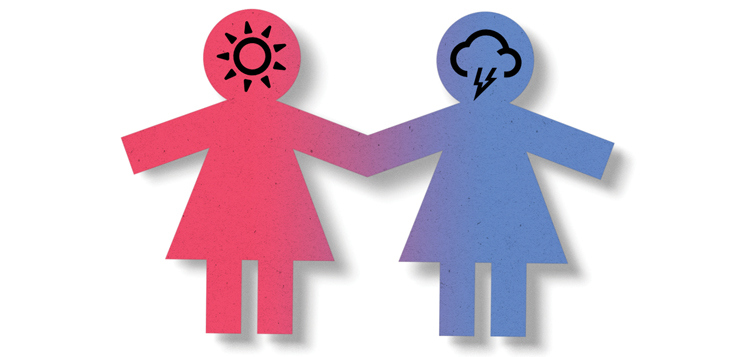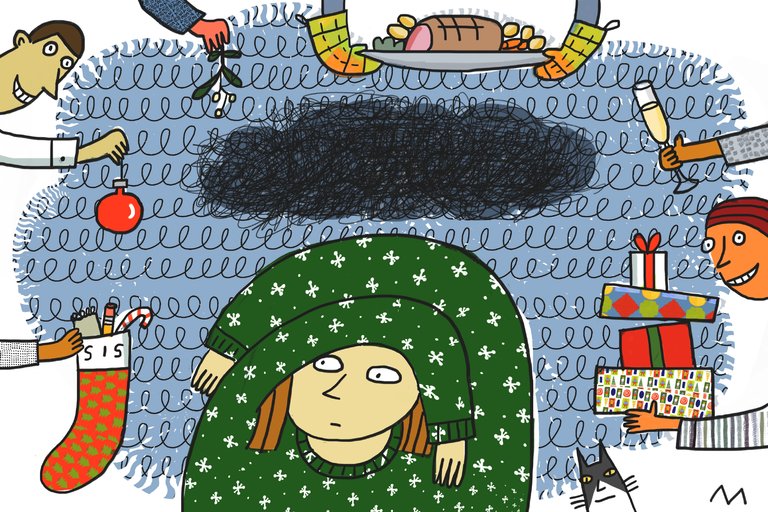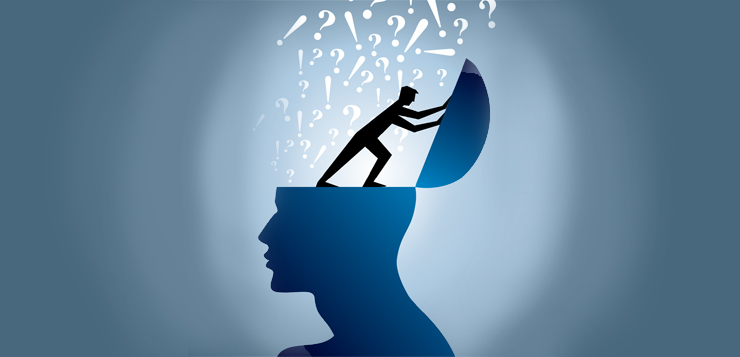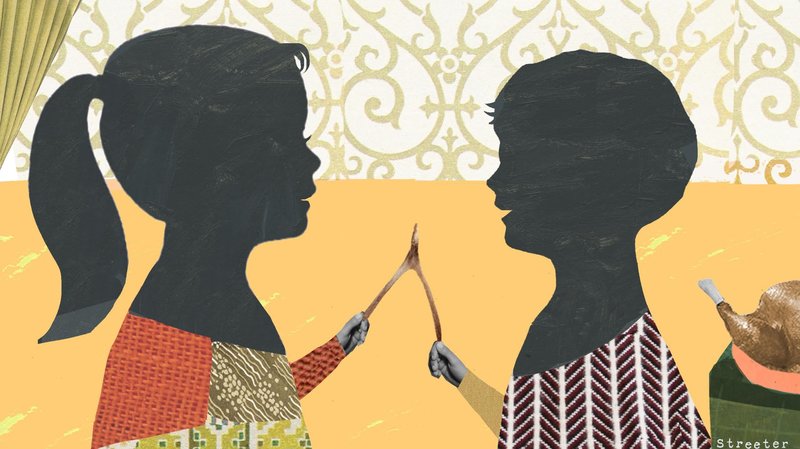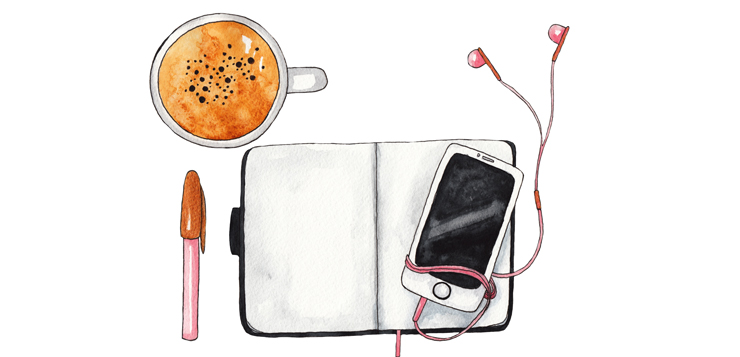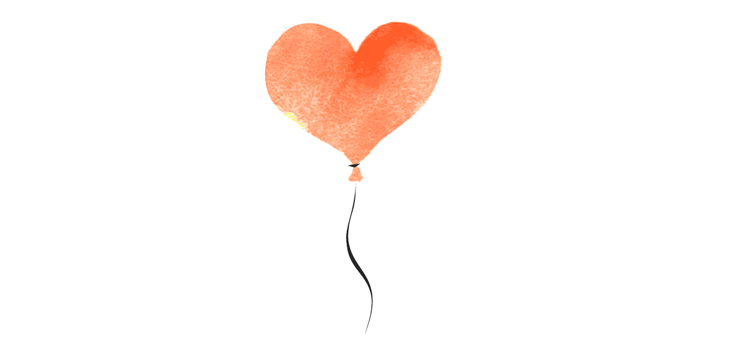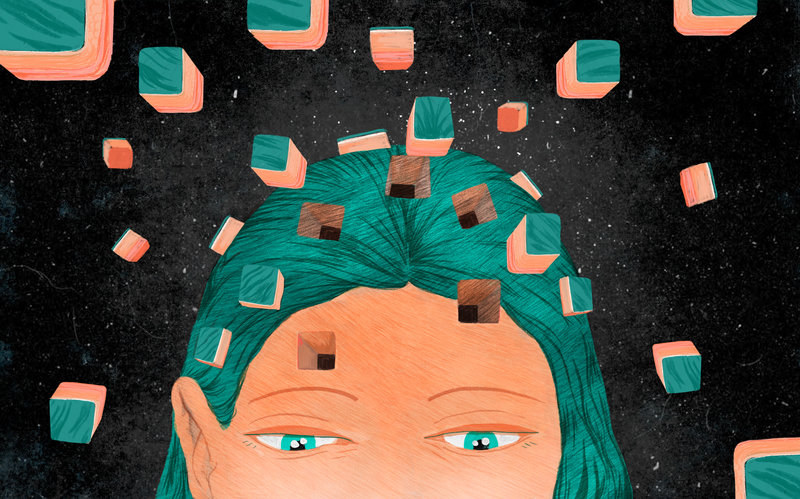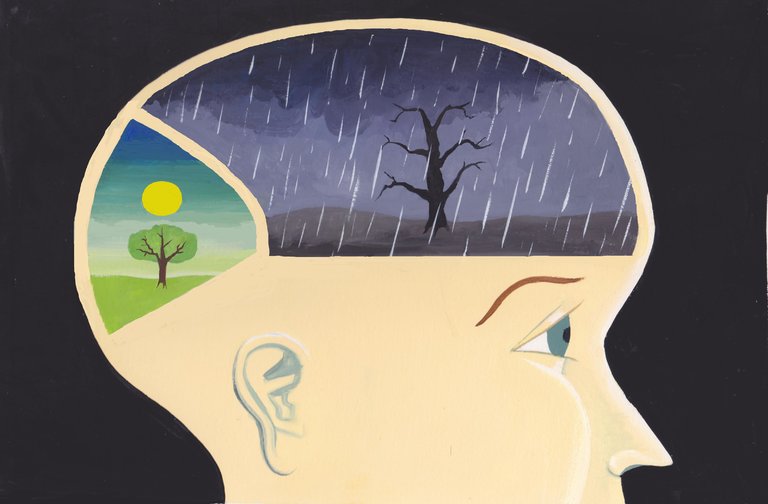
Make this the year that you quiet all those negative thoughts swirling around your brain.
All humans have a tendency to be a bit more like Eeyore than Tigger, to ruminate more on bad experiences than positive ones. It’s an evolutionary adaptation that helps us avoid danger and react quickly in a crisis.
But constant negativity can also get in the way of happiness, add to our stress and worry level and ultimately damage our health. And some people are more prone to negative thinking than others. Thinking styles can be genetic or the result of childhood experiences, said Judith Beck, a psychologist and the president of the Beck Institute for Cognitive Behavior Therapy in Bala Cynwyd, Pa. Children may develop negative thinking habits if they have been teased or bullied, or experienced blatant trauma or abuse. Women, overall, are also more likely to ruminate than men, according to a 2013 study. To read more from LESLEY ALDERMAN, click here.

